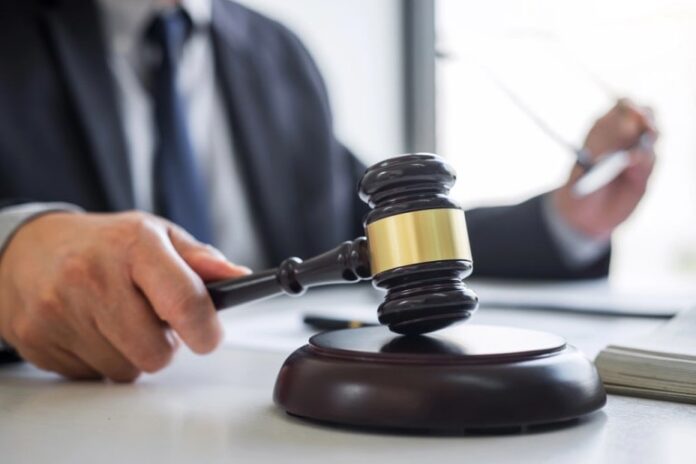Every state has different classifications of crimes, with most of them classifying crimes either as infractions, misdemeanors, or felonies. The only difference between these classifications is the seriousness of each crime. And of course, each crime carries different penalties and punishments.
To help you understand more about the classification of crimes in the US, we will explore the factors that determine whether a charge is a felony or a misdemeanor. By the end of this article you’ll also get to know about wobblers.
What is a Misdemeanor?
A misdemeanor is a crime that is often classified as less serious in nature. Crimes regarded as misdemeanors majorly include non-violent crimes such as shoplifting, reckless driving, loitering, and simple assault, among other smaller crimes.
These crimes are usually associated with a punishment of less than one year in a local or county jail or small fines.
In most states, a misdemeanor is considered a criminal offense and is classified into class A, B, and C misdemeanors.
- Class A misdemeanor: The offender punished with a jail term of more than 6 months but less than a year.
- Class B misdemeanor: The offender serves a jail term of more than 30 days but less than 6 months.
- Class C misdemeanor: The offender serves a jail term of more than 5 days but less than 30 days.
What is a Felony?
A felony is often considered a more serious crime and is associated with a higher punishment than a misdemeanor. Some of the crimes classified as felonies include first-degree murder, rape, severe assault, domestic violence, and other serious crimes.
Felonies are usually associated with a punishment of more than a year in a federal or high-security prison. These crimes can also result in the loss of some civil rights, such as voting rights and the right to hold public office.
Just like misdemeanors, felonies are grouped into classes such as class A, B, C, D, and E. This classification is based on the duration of the prison term and other punishments associated with the crime.
- Class A felony: Associated with life imprisonment or the death penalty.
- Class B felony: The offender serves 25 or more years in federal prison.
- Class C felony: The offender is punished with more than 10 years in prison but less than 25 years.
- Class D felony: Offenders must serve more than 5 years but less than 10 years in high-security prison.
- Class E felony: Offenders are sentenced to more than 1 year but less than 5 years in a federal prison.
How Do You Differentiate Between Misdemeanor and Felony?
The difference between a felony and a misdemeanor comes down to a few factors, which include the place where jail time is served, duration of the sentence, and severity of the crime.
- Jail and Prison Time: Felony convicts serve their term in a federal or high-security prison, while misdemeanor convicts serve their sentence in a local or state jail.
- Duration of the Sentence: Misdemeanors are usually associated with a jail term of not more than a year. On the other hand, felony convicts have to serve more than a year in a maximum-security prison.
- Severity of the Crime: A felony is considered a more serious crime and includes crimes such as rape, murder, and assault, while a misdemeanor is a less serious crime like shoplifting, misconduct, traffic rule-breaking, and other less serious crimes.
- Other Consequences: While a misdemeanor may not be associated with other consequences for the convict, felony convicts face other consequences like loss of rights to own a gun, right to vote, and right to contest for a public office. Felony convicts may also lose their jobs and professional certifications.
- Classification: Felonies are classified into classes A, B, C, D, and E, while misdemeanors are classified into classes A, B, and C based on the duration of the sentence.
Wobbler Laws
The legislation that classifies a crime either as a misdemeanor or a felony is known as a “wobbler law.” This law enables the prosecutor to punish these crimes according to their seriousness.
